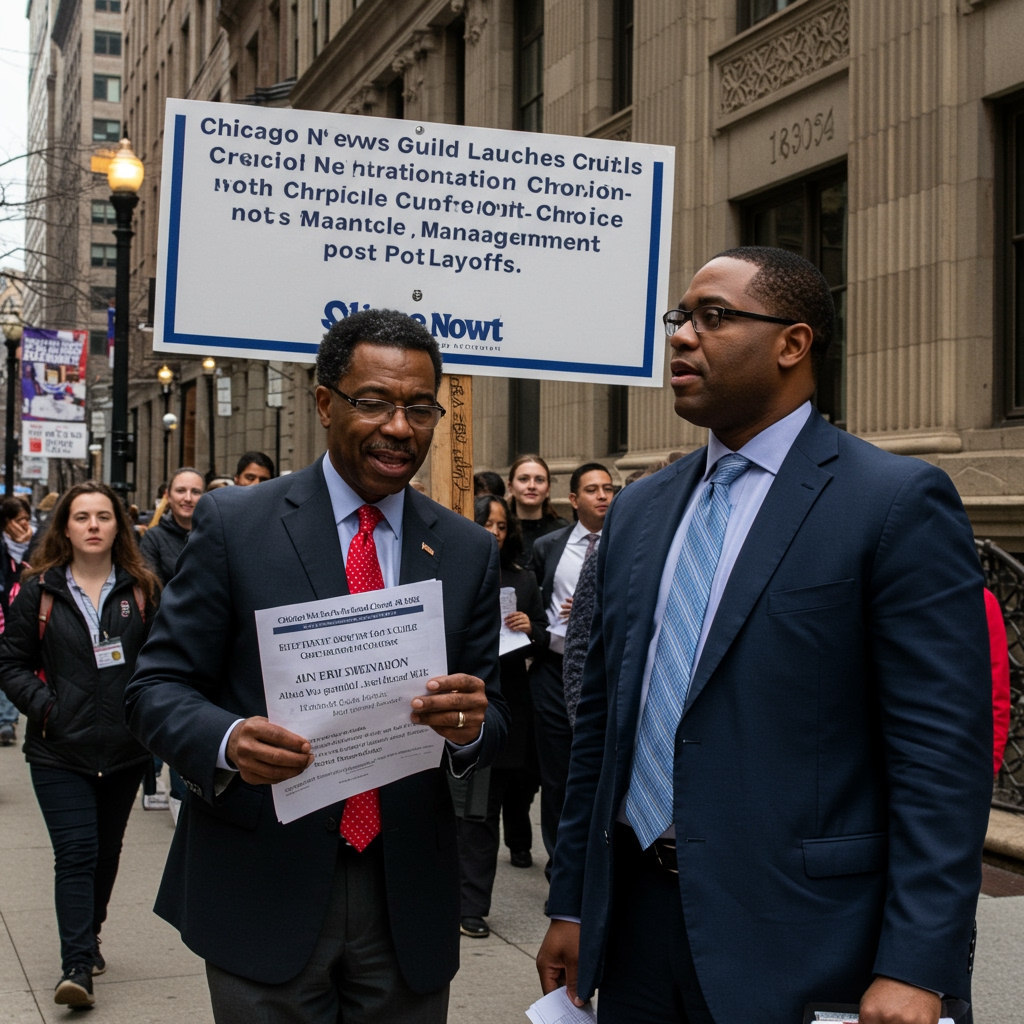Sweeping proposed layoffs within the U.S. State Department could significantly undermine America’s diplomatic capabilities at a time when global conflicts are on the rise, according to an opinion piece by Elizabeth Shackelford published in the Chicago Tribune. Shackelford argues that diplomacy represents the most cost-effective and least risky foreign policy tool available to the United States, drawing a parallel to preventative healthcare.
The High Cost of Neglecting Diplomacy
Shackelford contends that by underfunding the State Department, the U.S. is compelled to rely on more expensive and inherently riskier measures, such as economic coercion or direct military intervention, to achieve its foreign policy objectives. This strategic choice, she asserts, ignores the proven effectiveness of diplomatic engagement in preventing wars and mitigating existing conflicts across various regions throughout history.
The piece emphasizes that robust diplomatic channels are crucial for navigating complex international relations. When these channels are weakened through budget cuts and staff reductions, the nation’s ability to de-escalate tensions and find peaceful resolutions is diminished. This can lead to a cascade of negative consequences, potentially forcing the United States into situations where military or economic force becomes the only perceived option, often at a much greater human and financial cost.
Impact on Essential Services
Beyond the strategic implications, the article also highlights the potential negative impact of these proposed cuts on vital services provided by the State Department. These include critical functions such as the processing of passports and visas, which are essential for international travel, trade, and cultural exchange. Reductions in personnel and resources could lead to significant delays and disruptions in these services, affecting American citizens and foreign nationals alike.
A Stark Warning from the Field
To underscore the critical importance of adequately funding the State Department for national security, Shackelford cites the perspective of former U.S. diplomat James Mattis. Mattis reportedly stated, “If you don’t fund the State Department fully, then I need to buy more ammunition.” This stark observation from someone with direct experience in national security matters serves as a powerful reminder that investing in diplomacy is not merely an expenditure but a strategic investment in preventing the need for more costly and dangerous forms of engagement.
The commentary suggests that a commitment to diplomacy requires sustained financial and political support. When that support falters, the United States risks not only its influence on the global stage but also its security and economic well-being. The argument is made that a well-staffed and well-funded State Department is a cornerstone of effective American foreign policy, offering a vital first line of defense and a powerful tool for shaping a more stable and prosperous world.
In essence, the piece serves as a call to action, urging policymakers to reconsider the implications of diminishing diplomatic capacity. It posits that the perceived savings from cuts to the State Department are likely to be dwarfed by the increased costs—both financial and in terms of human lives—that may arise from a less diplomatic, more confrontational approach to international affairs. The ongoing global landscape, marked by intricate challenges and potential flashpoints, demands a strong and capable diplomatic corps, equipped with the resources to engage effectively and prevent crises before they necessitate more drastic interventions.















